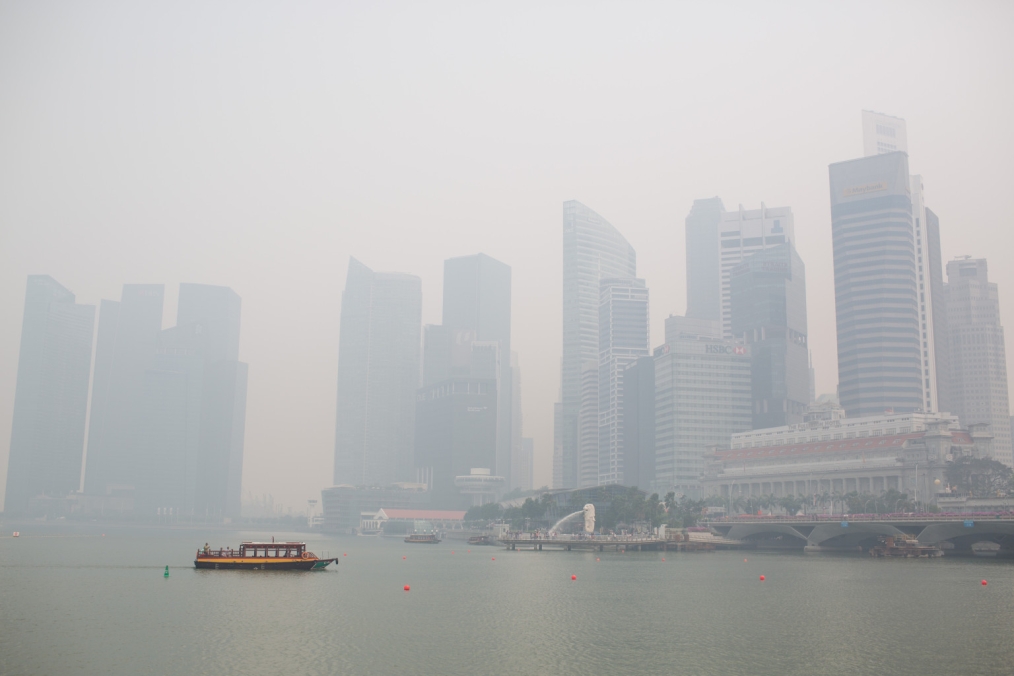
Playing with fire: Why Singapore's anti-haze pollution law is a game-changer for regional businesses
Erring firms face massive reputational risks.
An global research organization is lauding Singapore’s new Transboundary Haze Pollution Act 2014. According to the World Resources Institute, this new law can radically alter the region’s business landscape. As Southeast Asia’s financial hub, the law is a clear deterrent for firms who use fires illegally.
The law allows regulators to prosecute companies and individuals that cause severe air pollution in Singapore by burning forests and peatlands in neighboring countries.
“Singapore’s transboundary haze law marks a new way of doing business for governments and companies seeking to address forest and peat fires. It sends a powerful message that those who burn land and forests illegally will be held accountable. In particular, any companies caught using fire illegally now face the massive reputational risk of being dragged into court in Singapore as soon as their executives step foot on the island. Their customers, bankers and insurers will surely shy away from doing business with them,” said Dr. Nigel Sizer, Global Director, Forests Program, World Resources Institute.
The legislation was first proposed after fires in Indonesia spiked in June 2013, engulfing Singapore in haze. As the pattern of fires has continued, demand for action has increased and the issue has become a national priority for Indonesia, Singapore, and the other countries in the region.
The fires have taken an especially deep toll in Indonesia’s Riau Province, not only in terms of economic damage but also in terms of human health, environmental degradation,
“Although the new law alone will not address all the deep-rooted causes of the fires, it contributes to a larger positive trend in the way governments and companies are dealing with the fires. The message is becoming increasingly clear for individuals and companies that burn land illegally—playing with fire has serious consequences,” Sizer concluded.
























 Advertise
Advertise






